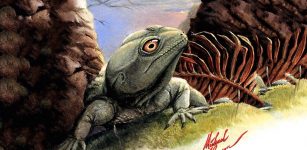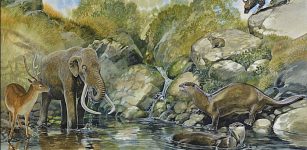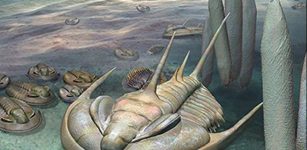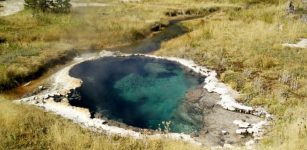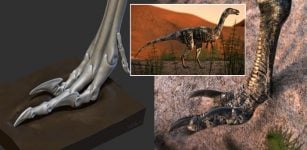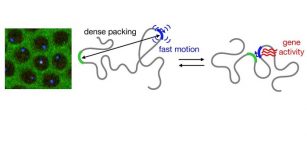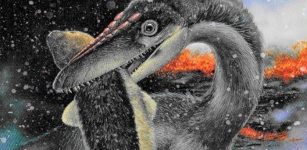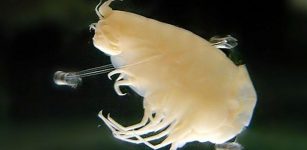Megachirella: Mother Of All Lizards – World’s Oldest Fossil Found
MessageToEagle.com – The world’s oldest lizard has been identified an international team of paleontologists, which includes the University of Bristol.
The 240-million-year-old fossil, Megachirella wachtleri, is the most ancient ancestor of all modern lizards and snakes, known as squamates.
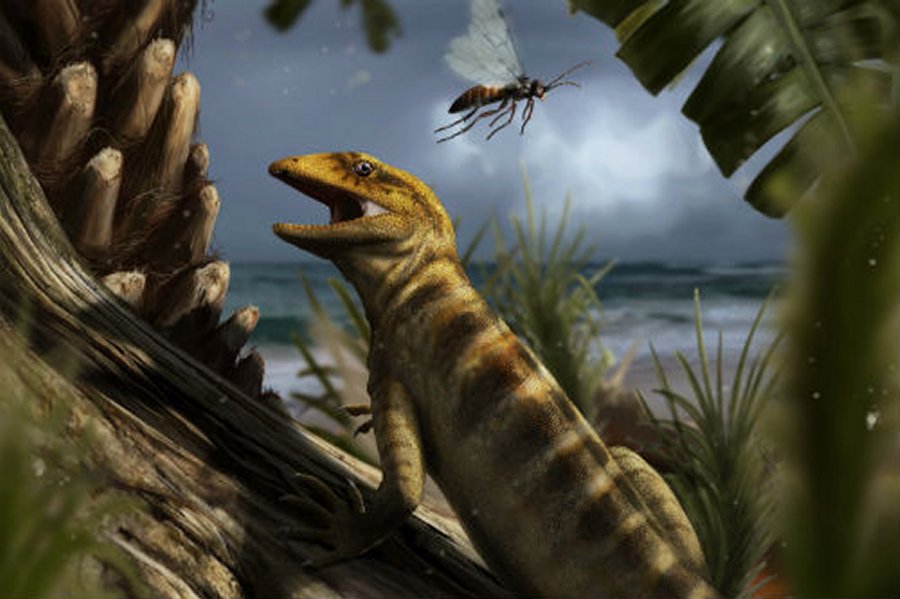
The fossil provides key insight into the evolution of modern lizards and snakes.
The fossil, along with data from both living and extinct reptiles —which involved anatomical data drawn from CT scans and DNA— suggests the origin of squamates is even older, taking place in the late Permian period, more than 250 million years ago.
“The specimen is 75 million years older than what we thought were the oldest fossil lizards in the entire world and provides valuable information for understanding the evolution of both living and extinct squamates,” Tiago Simões, Lead author and PhD student from the University of Alberta in Canada, said in a press release.
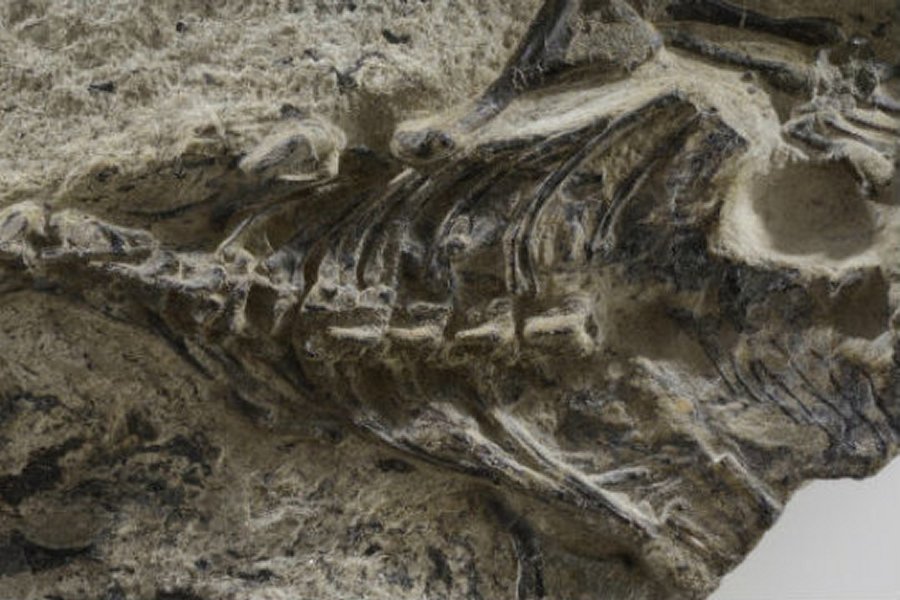
Currently, there are 10,000 species of lizards and snakes around the world—twice as many different species as mammals. Despite this modern diversity, scientists did not know much about the early stages of their evolution.
“It is extraordinary when you realize you are answering long-standing questions about the origin of one of the largest groups of vertebrates on Earth,” Tiago Simões added.
Researchers believe that study of fossils like for example, Megachirella deliver knowledge about the evolution of lizards. This knowledge is invaluable as the only source to learn about as many as 9000 species of snakes and lizard that live today on Earth.
In order to better understand both the anatomy of Megachirella (originally found in the early 2000s in the Dolomites Mountains of Northern Italy ) and the earliest evolution of lizards and snakes the authors assembled the largest reptile dataset ever created.
The authors combined it with several new anatomical information from Megachirella obtained from high-resolution CT scans.
MessageToEagle.com

